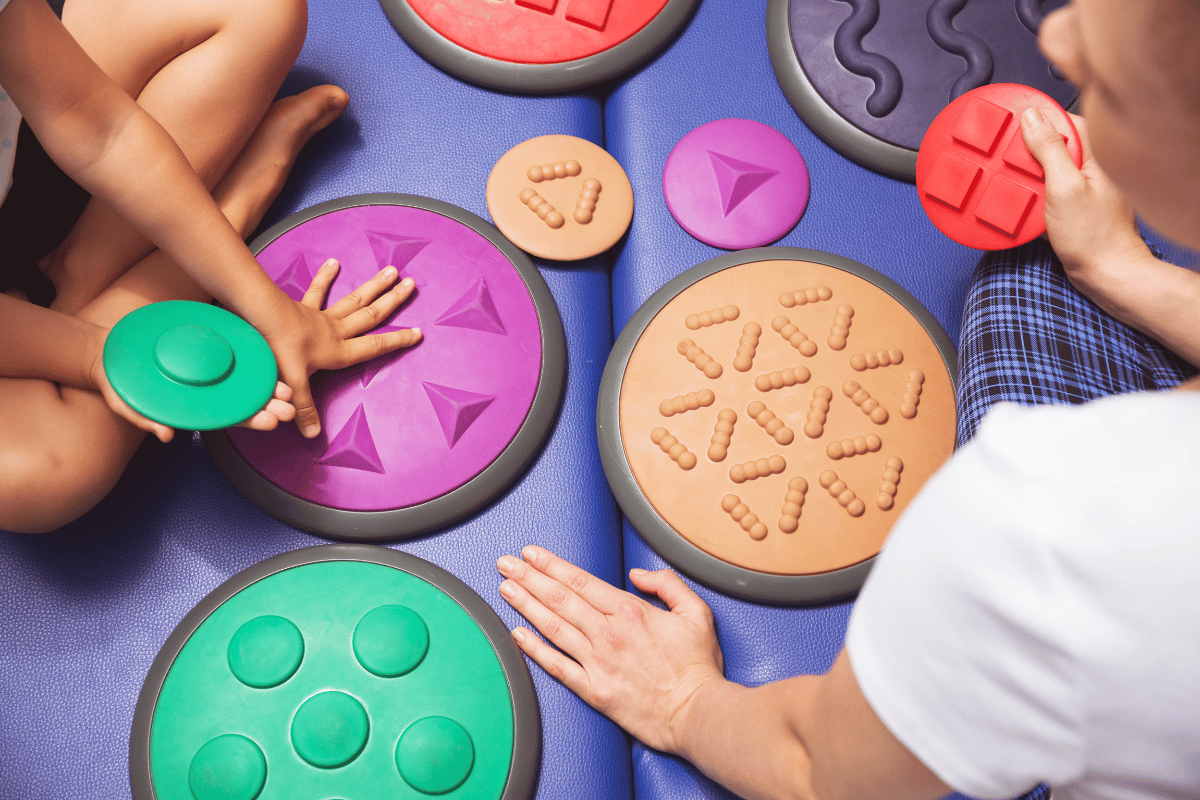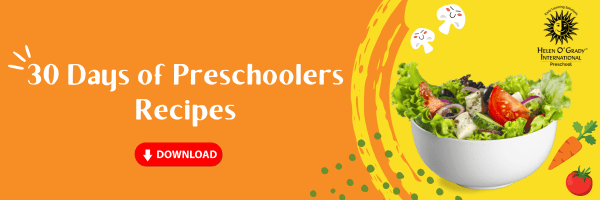
As parents and educators, we know that developing fine motor skills is crucial for your child’s growth.
At Helen O’Grady, we’ve seen firsthand how sensory play can transform a child’s ability to perform essential tasks like writing, drawing, and self-care.
Let’s explore 15 engaging activities that make learning fun!
Why Fine Motor Skills Matter
Fine motor skills involve the small muscles in hands, fingers, and wrists. These skills are essential for:
- Writing and drawing
- Buttoning clothes and tying shoelaces
- Using utensils
- Future typing and technical skills
- Building confidence and independence
15 Engaging Sensory Activities
1. Rainbow Rice Sorting
Materials needed: Colored rice, small containers, tweezers
Skills developed: Pincer grip, hand-eye coordination
Transform ordinary rice into a colorful learning experience! Dye rice in different colors and let your child sort them using child-safe tweezers. This activity strengthens finger muscles while teaching color recognition.
2. Play Dough Letter Formation
Materials needed: Play dough, letter cards
Skills developed: Hand strength, letter recognition
Rolling, squishing, and shaping play dough into letters makes learning the alphabet tactile and fun. Children strengthen their hands while developing pre-writing skills.
3. Pasta Threading
Materials needed: Large pasta shapes, string
Skills developed: Hand-eye coordination, concentration
Threading pasta onto string creates beautiful necklaces while developing crucial fine motor skills.
4. Water Transfer Station
Materials needed: Two containers, turkey baster, sponges
Skills developed: Hand strength, coordination
Moving water between containers using different tools helps develop hand muscles and teaches cause and effect.
5. Button Sorting
Materials needed: Various buttons, sorting containers
Skills developed: Pincer grip, categorization skills
Sorting buttons by size, color, or shape combines motor skill development with cognitive learning.
6. Sand Writing
Materials needed: Shallow tray, fine sand
Skills developed: Pre-writing skills, finger strength
Writing letters in sand provides sensory feedback and builds muscle memory for writing.
7. Pom-Pom Drop
Materials needed: Paper tube, pom-poms
Skills developed: Pincer grip, aim
Dropping pom-poms through tubes develops precision and control.
8. Lacing Cards
Materials needed: Cardboard shapes, yarn
Skills developed: Hand-eye coordination, pattern recognition
Create simple shapes with holes and let children practice lacing.
9. Bean Transfer
Materials needed: Dried beans, containers, spoons
Skills developed: Hand control, concentration
Moving beans between containers using different utensils builds dexterity.
10. Finger Painting
Materials needed: Paint, paper
Skills developed: Finger strength, creativity
Finger painting allows free expression while strengthening finger muscles.
11. Cotton Ball Race
Materials needed: Cotton balls, straws
Skills developed: Breath control, hand coordination
Blowing cotton balls through a straw maze combines motor skills with breath control.
12. Bubble Wrap Pop
Materials needed: Bubble wrap
Skills developed: Finger strength, sensory awareness
Popping bubble wrap strengthens fingers and provides satisfying sensory feedback.
13. Sticker Peeling
Materials needed: Sticker sheets
Skills developed: Pincer grip, patience
Peeling and placing stickers develops fine motor control and concentration.
14. Clothespin Activities
Materials needed: Clothespins, containers
Skills developed: Hand strength, grip
Using clothespins to transfer items builds hand strength.
15. Ice Cube Painting
Materials needed: Ice cubes, food coloring, paper
Skills developed: Grip strength, creativity
Painting with colored ice cubes combines sensory play with artistic expression.
Safety Tips
- Always supervise activities
- Choose age-appropriate materials
- Watch for small items that could be choking hazards
- Clean materials regularly
- Stop if your child shows signs of frustration
Developmental Milestones to Watch For
- Improved pencil grip
- Better control when using utensils
- More precise finger movements
- Increased independence in self-care tasks
- Growing confidence in artistic activities
How Helen O’Grady Can Help
At Helen O’Grady, we incorporate fine motor skill development into our daily curriculum. Our experienced teachers create engaging environments where children naturally develop these crucial skills through play-based learning.
Drop us a line and we’ll be in touch soon!


